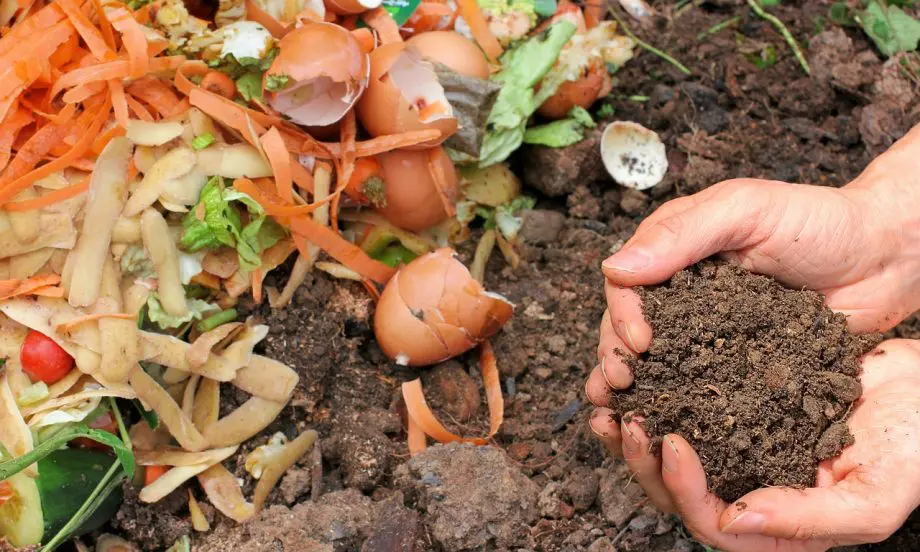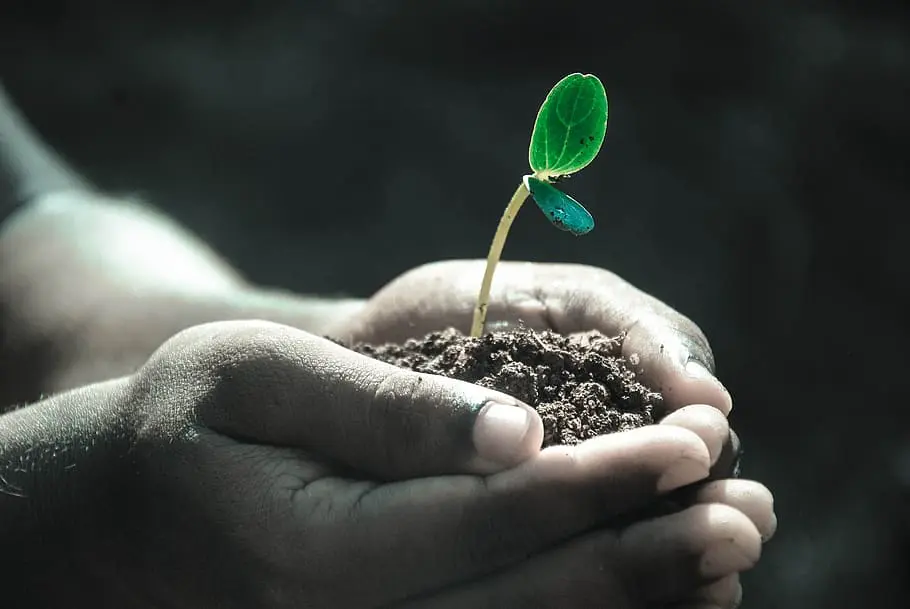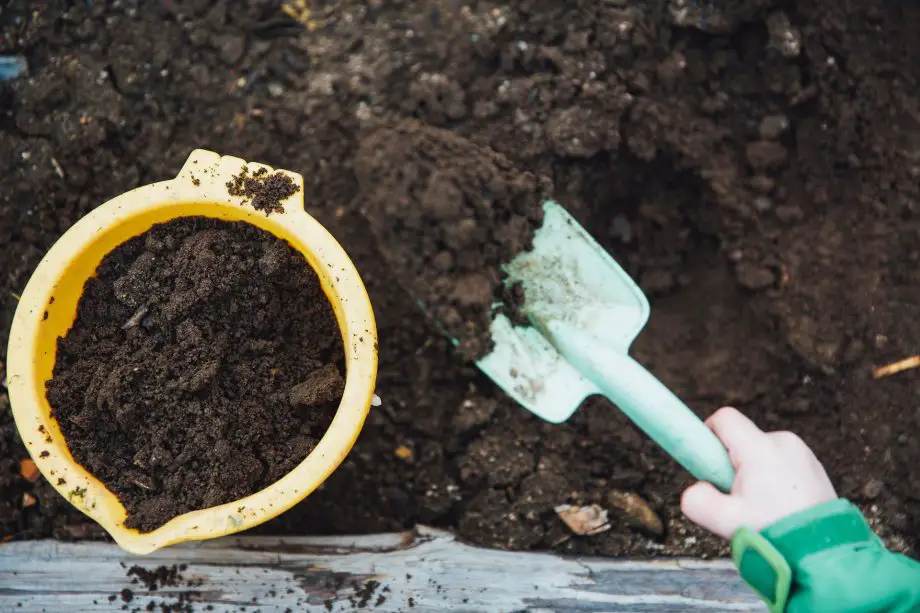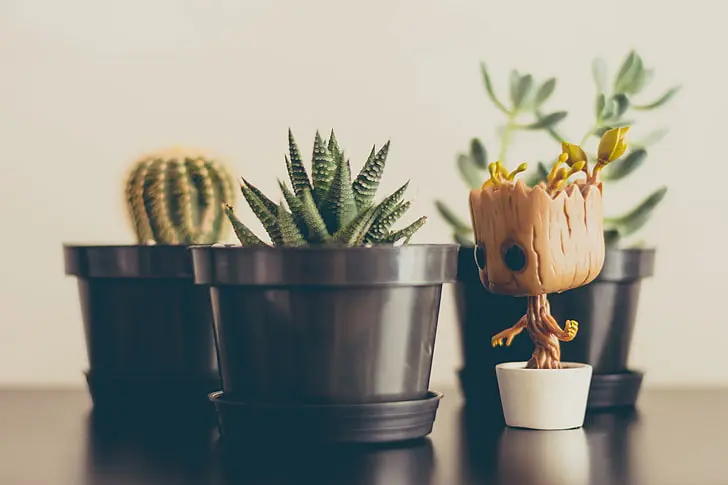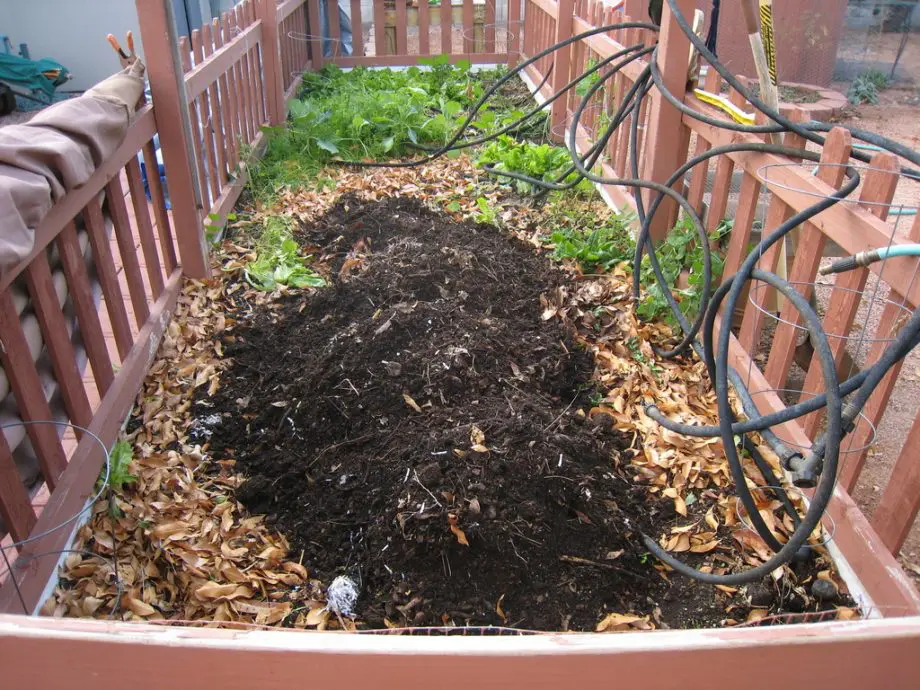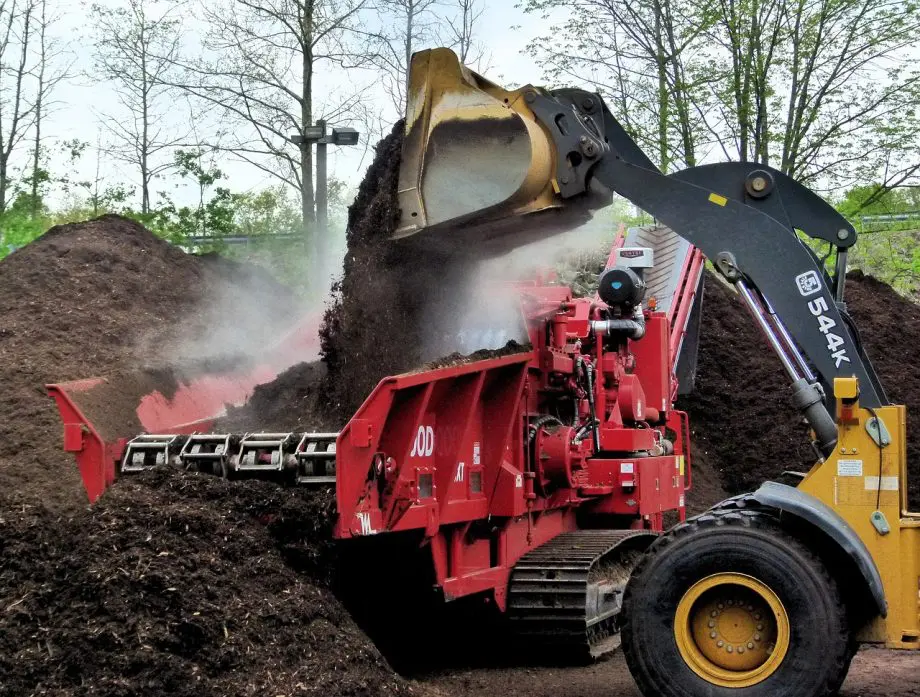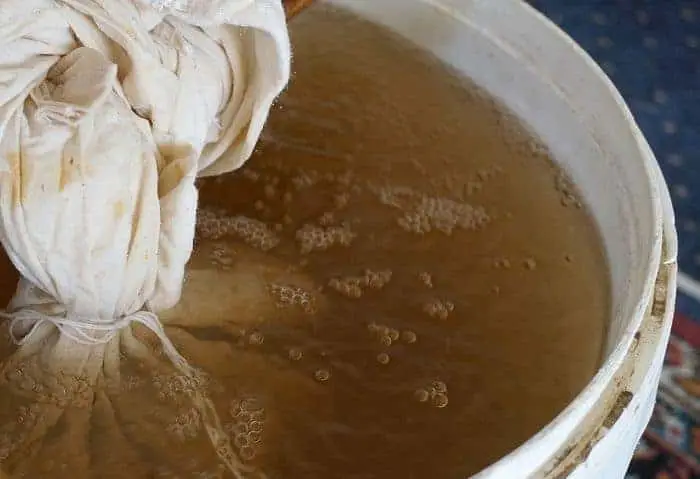
Discover the magic of compost tea benefits! Unearth secrets to healthier plants, enriched soil, and a thriving garden. Join us on this green journey!
Ever wondered how to give your garden a natural boost? Well, the secret lies in the compost tea benefits!
This magical brew is not just a fad, it’s a game-changer for garden enthusiasts. It’s like a health drink for your plants, enriching the soil and giving your garden that lush, vibrant look we all love.
So, let’s dive in and explore the wonderful world of compost tea and its remarkable benefits.
Compost Tea Benefits
Welcome to the world of compost tea, liquid gold that’s making waves in the gardening community.
This nutrient-rich brew, made from compost extracts and high-quality compost, is a natural, cost-effective way to boost the health and productivity of your garden.
From improving soil structure to enhancing the soil food web, compost tea offers a host of benefits.
In this post, we’ll explore what compost tea is, how it works, and why it’s becoming a go-to resource for gardeners everywhere.
So, whether you’re a seasoned gardener or just starting out, grab your bucket of water, and let’s dive in!
What is Compost Tea?
Alright, now that we’ve piqued your interest, let’s get down to the nitty-gritty. What exactly is compost tea?
No, it’s not a new trendy beverage for gardeners, and it’s definitely not for human consumption.
But for our plants, it’s a nutrient-packed drink that can make them thrive like never before.
So, let’s unravel the mystery of compost tea and see what makes it a gardener’s best friend.
A Definition of Compost Tea
Compost tea is a liquid extract made from compost. It’s a rich brew teeming with beneficial bacteria, fungi, and other microorganisms that are essential for soil health.
Think of it as a probiotic drink for your garden. It’s made by steeping compost in water, much like you’d steep herbal teas, and then applying it to your plants or soil.
It’s a simple, natural way to deliver a concentrated dose of nutrients and beneficial microbes directly to your plants.
The Process of Making Compost Tea
Making compost tea is a bit like brewing a giant pot of herbal tea, but instead of tea leaves, you’re using compost.
You start with a compost bin full of good compost a rich, well-rotted organic material.
This compost is placed in a compost tea bag or a burlap sack and steeped in a bucket of water.
The brewing process can be enhanced with an air pump and air stones to increase oxygen levels, promoting the growth of aerobic organisms.
After a day or two, you’re left with a nutrient-rich tea that’s ready to be applied to your garden.
The Science Behind Compost Tea
It’s time to delve into the fascinating world behind compost tea. It’s not just about soaking compost in water.
There’s a whole lot of science involved in this process. Understanding this can help us appreciate the benefits of composting tea even more.
So, let’s dive into the microscopic world of compost tea and discover the magic that happens in that bucket!
The Role of Microorganisms in Compost Tea
Compost tea is teeming with life. It’s packed with beneficial bacteria, fungi, and other microorganisms that form the backbone of the soil food web.
These microbes play a crucial role in breaking down organic materials in the compost pile, releasing soluble nutrients that plants can absorb.
They also help to suppress diseases, outcompeting harmful pathogens like E. coli and powdery mildew.
In essence, these microbes are the good biology of your garden, working tirelessly to promote plant health and growth.
How Compost Tea Works
Compost tea works by delivering a concentrated dose of beneficial microbes and nutrients directly to your plants.
When applied as a foliar spray, the microbes in the tea colonize the leaf surface, forming a protective barrier against foliar diseases.
When used as a soil drench, the tea enriches the root zone with beneficial microbes and nutrients, enhancing the soil structure and nutrient availability.
It’s a natural, effective way to boost the health and productivity of your garden.
Benefits of Compost Tea

By now, you’re probably getting a sense of why compost tea is such a big deal in the gardening world.
But we’ve only just scratched the surface. The benefits of compost tea extend far beyond just providing nutrients.
From improving soil structure to boosting plant health, compost tea is a true all-rounder.
So, let’s dive deeper and explore the many ways compost tea can transform your garden into a thriving, green paradise.
Improved Soil Health
Compost tea is a boon for soil health. It introduces beneficial microbes to the soil, which help to break down organic matter and release nutrients.
These microbes also improve soil structure, making it more porous and better able to retain water and nutrients.
The result is a rich, fertile soil that’s teeming with life.
Enhanced Water Retention Capacity of Soil
Healthy soil is soil that can hold onto water, and compost tea can help with that.
The beneficial microbes in compost tea help to improve soil structure, making it more porous and better able to absorb and retain water.
This is particularly beneficial during the growing season when plants need plenty of water to grow and thrive.
Improved Soil Structure
Compost tea can also improve soil structure. The beneficial microbes in the tea help to break down organic matter, creating a crumbly, well-structured soil that’s easy to work with.
This improved soil structure makes it easier for plant roots to penetrate the soil and access the nutrients they need.
Stimulated Plant Root Growth
Compost tea is like a growth tonic for plants. The nutrients and beneficial microbes in the tea stimulate root growth, helping plants to establish strong, healthy root systems.
This is particularly beneficial for young plants, which need a strong root system to support their growth.
Resistance to Pests and Diseases
Compost tea can also help to protect your plants from pests and diseases.
The beneficial microbes in the tea outcompete harmful pathogens, helping to suppress diseases.
They also stimulate the plant’s own defense mechanisms, making them more resistant to pests and diseases.
How to Make Compost Tea
Alright, we’ve talked about the what and the why, now let’s get to the how. Making your own compost tea might sound like a complex task, but it’s actually quite simple.
Plus, it’s a great way to recycle kitchen and garden waste and give your garden a natural boost.
So, roll up your sleeves, because we’re about to brew a batch of nutrient-rich compost tea. Let’s get started!
Materials Needed
Making compost tea is a simple process that doesn’t require a lot of fancy equipment.
At a minimum, you’ll need some good compost, a compost tea bag or burlap sack, a bucket of water, and an air pump with air stones to aerate the tea.
You might also want to consider adding some additional ingredients to your tea, like worm castings or fish emulsion, to boost the nutrient content.
Step-by-Step Process
Once you’ve gathered your materials, the process of making compost tea is straightforward.
• First, fill your compost tea bag with compost and place it in your bucket of water.
• Next, set up your air pump and air stones to aerate the tea. This increases the oxygen levels in the tea, promoting the growth of aerobic organisms.
• Let the tea brew for 24 to 48 hours, then remove the compost tea bag and your tea is ready to use!
Tips and Precautions
When making and using compost tea, there are a few tips and precautions to keep in mind.
First, always use well-rotted, mature compost to avoid introducing harmful pathogens into your tea.
Second, make sure to thoroughly clean your equipment between batches to prevent cross-contamination.
Finally, use your compost tea within a few hours of brewing for the best results.
The beneficial microbes in the tea start to die off after a few hours, so it’s best to use it fresh.
How to Use Compost Tea
Now that you’ve brewed a fresh batch of compost tea, you might be wondering, how do I use this stuff? Well, you’re in luck!
Using compost tea is just as easy as making it. Whether you’re a seasoned gardener or a green thumb in the making, you’ll find that using compost tea is a simple and effective way to give your garden a natural boost.
So, let’s explore the different ways you can use compost tea to nurture your garden.
Does Compost Tea Work?
Absolutely! Compost tea is a natural, effective way to boost the health and productivity of your garden.
It improves soil health, enhances nutrient uptake, and helps suppress diseases.
But remember, compost tea is a supplement, not a replacement for good gardening practices.
It works best when used as part of a broader organic gardening strategy.
Compost Tea vs Compost
While both compost and compost tea are beneficial for your garden, they serve different purposes.
Compost is a soil amendment that improves the overall health and fertility of your soil.
Compost tea, on the other hand, is a liquid fertilizer that provides a quick, nutrient-rich boost to your plants.
Compost Tea Fertilizer
Compost tea is a fantastic natural fertilizer. It’s packed with soluble nutrients that plants can easily absorb.
It’s also teeming with beneficial microbes that help to break down organic matter and release nutrients in the soil.
Using compost tea as a fertilizer can help to boost plant growth and improve the overall health and productivity of your garden.
Compost Tea Recipe
There are many different recipes for compost tea, but a basic recipe involves steeping compost in water for 24 to 48 hours.
You can also add additional ingredients to your tea, like worm castings or fish emulsion, to boost the nutrient content.
Just remember to use well-rotted, mature compost and to aerate the tea during the brewing process.
Non Aerated Compost Tea
Non-aerated compost tea is a simpler version of compost tea that doesn’t require an air pump or air stones.
Instead, you simply steep compost in water for a longer period of time, usually a week or more.
While non-aerated compost tea can still be beneficial, it doesn’t have as high a concentration of beneficial microbes as aerated compost tea.
Debunking Myths about Compost Tea
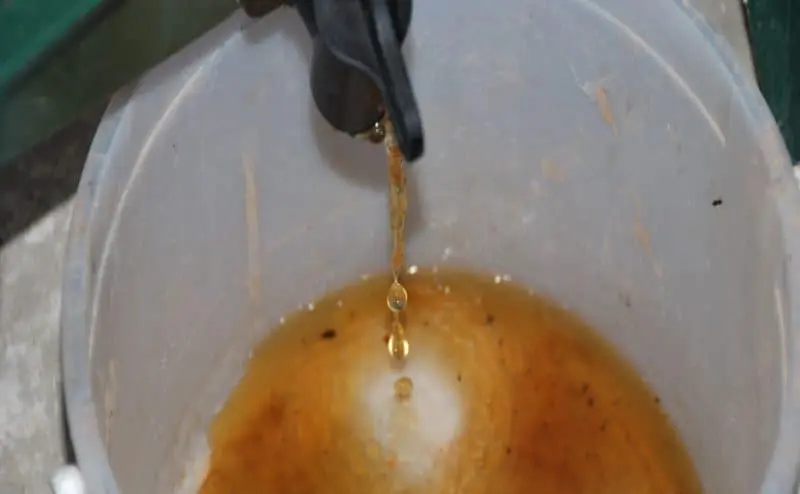
Like many things in life, compost tea comes with its fair share of myths and misconceptions.
Some people swear by it, while others are a bit more skeptical. But, we’re here to separate the facts from the fiction.
Let’s debunk some of these myths and shed light on the true benefits of compost tea. So, grab your detective hat, and let’s get myth-busting!
Common Misconceptions about Compost Tea
Like any gardening practice, there are a few myths and misconceptions about compost tea.
One common myth is that compost tea can replace all other forms of fertilization.
While compost tea is a fantastic supplement, it’s not a complete replacement for other forms of fertilization.
It’s best used as part of a balanced fertilization strategy that includes a mix of compost, organic materials, and other natural fertilizers.
Scientific Evidence Supporting Compost Tea Benefits
There’s a growing body of scientific evidence supporting the benefits of compost tea.
Studies have shown that compost tea can improve soil health, enhance nutrient uptake, and help suppress diseases.
However, it’s important to remember that compost tea is not a magic bullet.
It’s most effective when used as part of a broader organic gardening strategy that includes good soil management, regular composting, and the use of other organic fertilizers.
Case Studies and Real-life Applications
Alright, we’ve talked about the what, the why, and the how of compost tea.
But nothing speaks louder than real-life success stories, right? It’s time to look at some case studies and real-life applications of compost tea.
From home gardeners to commercial farmers, people all over the world are reaping the benefits of this natural brew. So, let’s dive in and see how compost tea is making a difference in gardens just like yours!
Examples of Successful Use of Compost Tea in Gardening
There are many examples of the successful use of compost tea in gardening.
From small home gardens to large commercial farms, gardeners around the world are seeing positive results from using compost tea.
It’s been used to improve soil health in vegetable gardens, boost flower production in ornamental gardens, and even help restore degraded soils in agricultural settings.
Testimonials from Gardeners
Many gardeners swear by compost tea. They report healthier plants, improved yields, and fewer pest and disease problems.
Some gardeners even say that compost tea has helped them reduce their reliance on chemical fertilizers and pesticides, making their gardens more sustainable and eco-friendly.
Frequently Asked Questions
By now, you’re practically a compost tea expert! But, as with any topic, there are always questions that pop up.
You’re not alone if you’ve got a few queries swirling around in your mind.
So, let’s tackle some of the most frequently asked questions about compost tea.
From its benefits to its application, we’ve got you covered. Let’s dive in!
Q. Is Compost Tea Beneficial for All Types of Plants?
A. Absolutely! Compost tea is beneficial for all types of plants. From vegetables and fruits to flowers and shrubs, all plants can benefit from the nutrients and beneficial microbes in compost tea.
Q. Can Compost Tea Replace Traditional Fertilizers?
A. While compost tea is a fantastic supplement, it’s not a complete replacement for traditional fertilizers.
Traditional fertilizers often contain higher concentrations of specific nutrients that plants need to thrive.
Q. What are the Risks Associated with Using Compost Tea?
A. While compost tea is generally safe to use, there are a few precautions to keep in mind.
Always use well-rotted, mature compost to make your tea, and make sure to clean your equipment between batches to prevent cross-contamination.
Conclusion
Wow, what a journey we’ve been on! From understanding what compost tea is, to exploring its benefits, and even debunking some myths, we’ve covered a lot of ground.
But as we wrap up, it’s important to remember that compost tea is just one tool in our gardening toolbox.
It’s a fantastic supplement that can boost soil health and plant growth, but it’s not a magic potion.
So, let’s recap what we’ve learned and look at how we can use compost tea to help our gardens thrive.
Recap of the Benefits of Compost Tea
We’ve come a long way in our exploration of compost tea. We’ve learned that this simple brew, made from compost extracts and high-quality compost, can do wonders for our gardens.
It can improve soil health, enhance nutrient uptake, stimulate root growth, and even help suppress diseases.
And all of this comes from a simple bucket of water and some good compost.
It’s a testament to the power of nature and the importance of sustainable, organic gardening practices.
Encouragement for Gardeners to Try Compost Tea
So, to all the gardeners out there, why not give compost tea a try? It’s easy to make, and the benefits for your garden can be significant.
Whether you’re a seasoned gardener or just starting out, compost tea is a simple and effective way to improve the health and productivity of your garden.
So, go ahead, brew a batch of compost tea, and watch your garden thrive!
That concludes our comprehensive guide to compost tea. We’ve covered everything from what compost tea is and how to make it, to its benefits and how to use it.
We’ve also debunked some common myths and answered some frequently asked questions.
We hope this guide has been helpful and has inspired you to try making and using compost tea in your own garden. Happy gardening!



